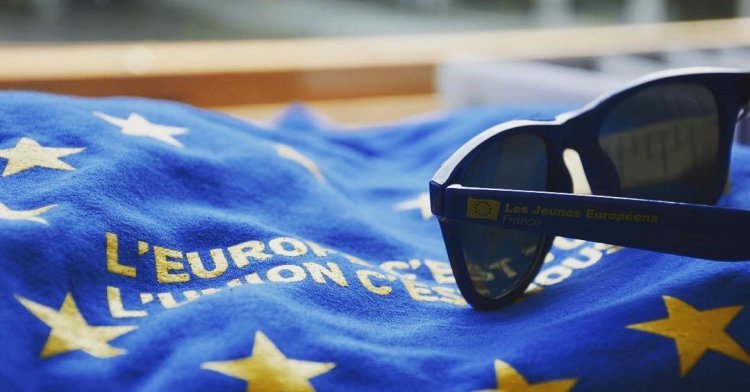The frontier dispute between Croatia and Slovenia
Until recently, Croatia and Slovenia were unable to agree on their common land and sea border since they seceded from the former Yugoslavia on June 25th 1991. The Gulf of Piran and the Dragonja River were the two problematic areas concerned, even if they represent less than 1 % of the frontier delimitation. According to international maritime laws, the sea border should draw a line equidistant to both countries. Slovenia was opposed to this solution put forward by Croatia since the particular geographic situation of the gulf would prevent it from a direct access to international waters. The second point of contention concerned four villages - Mlini, Buzini, Skrile and Skudelini - located in the South (Croatian) shore of the Dragonja River which Ljubljana declared to belong to Slovenia in 1993 while these cities historically belonged to the Croatian district of Buje during the federal Yugoslavia.
The EU has long been concerned with this issue and saw a serene settlement of the frontier dispute as a prerequisite to go further with Croatia’s candidature. Yet, the litigation had not prevented Slovenia to join the European Union in May 2004. Incidents at the frontier became more and more numerous and led Slovenia to withdraw its support to the Croatian candidature in September 2004. In December 2008, Slovenia blocked the opening or closing of 11 chapters out of Croatia’s 35-chapters included in the EU negotiations package over the unresolved issue.
Settlement of the border dispute
The EU has been regularly calling for a peaceful settlement of the issue. At the beginning of its presidency mandate, the Swedish presidency repeated its desire to see these two countries finding a solution. On September 11th 2009, the new Croatian Prime Minister Jadranka Kosor managed a fruitful negotiation which led to a historic compromise with its Slovenian counterpart, Borut Pahor. In a declaration to the Swedish presidency Croatia confirmed the lack of legal value for every law concerning the determination of their common border passed after 1991 while Slovenia accepted to remove its veto against Croatia’s accession. On November 4th 2009, Borut Pahor and Jadranka Kosor signed an arbitration convention in Stockholm.
Back on track towards the EU membership
The peaceful settlement of this border dispute puts Croatia back on track for getting the membership of the European Union: Croatia had immediately called for an intergovernmental conference with the EU Member States in order to open the remaining chapters which are to be negotiated. During the intergovernmental conference, held in Brussels on 2th October 2009, six chapters were opened and five closed. The Croatian government was trying to close as many chapters as possible before the end of the Swedish presidency.
This border settlement represents a positive signal also for the Balkans. It gives renewed hope to the whole region in a period when many Balkan countries start to be disillusioned with the possibility of joining the EU. Concerning the sole Balkan Peninsula, this settlement can also be seen as a great advance since it shows a (new) capacity of understanding and compromise which has not always existed in the area. This could also help Croatia and Slovenia to get closer and develop a Balkan say in the European stage.
But the process is still impeded by the Croatian cooperation with the ICTY
End November, the EP rapporteur Hannes Swoboda mentioned the possibility for Croatia to join the EU in 2012. However, the solution of the border issue did not mean the end of the whole dispute. Indeed, a blockade still concerns the cooperation with the ICTY, notably the judgement of General Ante Gotovina and the military operation Oluja. Countries such as Great Britain or the Netherlands will oppose their veto to parts of the negotiations as long as Croatia does not prove its full collaboration. The critiques of ICTY prosecutor Serge Brammertz and the low grades given to the Croatian cooperation with the International Court are extremely important since they have a direct influence on the opening of the chapters dealing with the accession to the EU.
However, despite the questions of the Croatian cooperation and the corruption, this country is on the track towards the accession to the EU. Croatia is also the Western Balkan country that has made the greatest efforts to reach the EU membership.


Follow the comments: |
|
